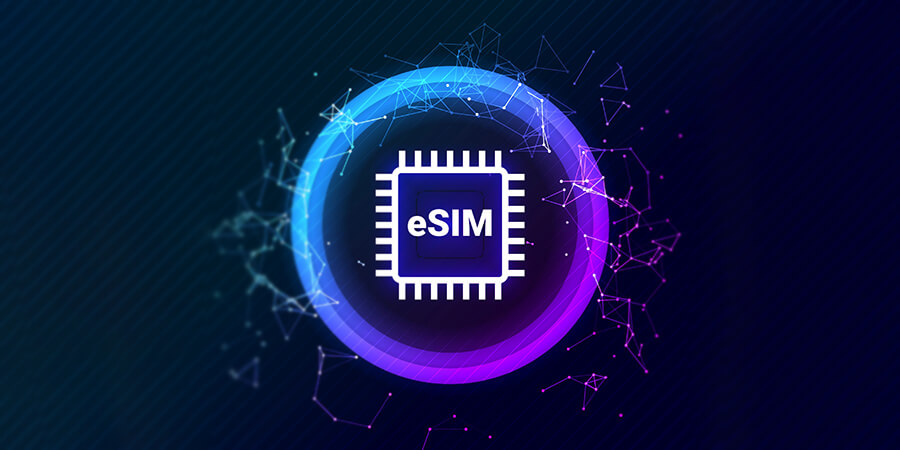Indonesian telecommunications company, Telkomsel, has introduced an eSIM service for local customers, becoming the last major operator in the country to do so. The industry is eagerly awaiting upcoming eSIM regulations from the telecoms regulator, Kominfo.
Telkomsel initially launched its eSIM service for travelers coming into the country in December 2023. Recently, it expanded the service to the local market. Notably, smartfren was the first telco to offer eSIMs in 2019, followed by Indosat Ooredoo Hutchison and XL Axiata last year.
According to a report in the Jakarta Post last month, Telkomsel had delayed launching a domestic eSIM service while assessing the industry's readiness for the new technology. Telcos were concerned that eSIMs, despite cost-saving benefits, could make it easier for customers to switch to competitors.
However, the rising popularity of eSIMs and the increasing availability of eSIM-compatible smartphones convinced Telkomsel to introduce the service. Telkomsel's President Director, Nugroho, stated that the eSIM service is part of the company's efforts to offer innovative solutions that meet customer needs and respond to the availability of handsets with eSIM technology for convenience.
Telkomsel promotes its eSIM service as an all-digital, seamless, easy, and practical experience compared to physical SIM cards.
Customers can transition to eSIM entirely online through the Telkomsel website. They can select a number based on availability and choose an eSIM package that suits their requirements. After purchase, customers receive an email for eSIM activation with a QR code linking to the SIM registration page and instructions for ID verification.
Customers cannot transfer their existing number to eSIM and are limited to purchasing a maximum of three eSIMs due to government regulations.
Regulations for embedded SIM cards (eSIMs) are currently in the developmental phase under the purview of the Ministry of Communication and Information Technology (Kominfo). These regulations primarily concentrate on security concerns, particularly pertaining to safeguarding user data and empowering telecommunication companies (telcos) with control over eSIMs in instances of criminal activity.
Engaging in discussions with telcos, the regulator is working towards the finalization of eSIM regulations by mid-year. This collaborative effort aims to establish a comprehensive framework that balances security imperatives with the evolving landscape of digital communication technologies.





